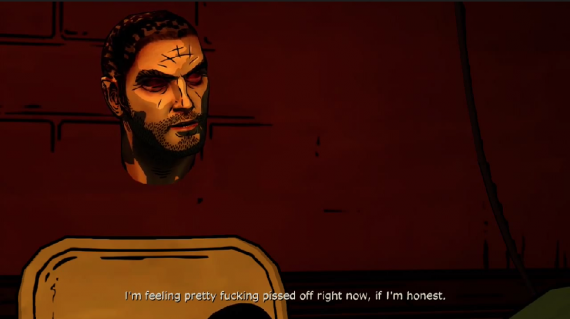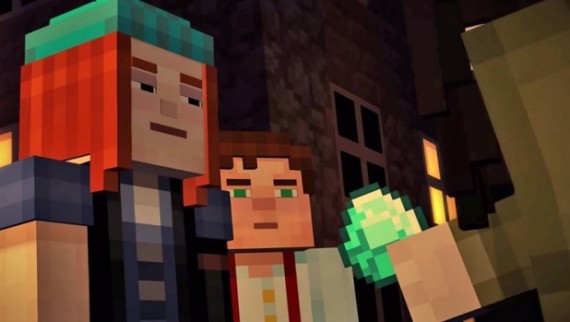Episodic Games
Jacob aka dendrick7 is a community member and writer. If you haven’t already, give Jacob a follow on Twitter. Anyone can now submit content to the site by following the process at contribute/
The prominence of episodic games has risen greatly over the last few years. Many different types of stories and experiences have adopted the episodic style to tell their tale. From companies like Telltale Games, who produce multiple products at a time, to cases such as Life is Strange where the development is more focused on a single release. While this structure of game has its successes, there are also issues that continue to haunt it. If this genre is to remain successful, there are lessons that must be learned and multiple major elements to master that determine the success or failure of an episodic game. Of these, the three most important are the overall quality, effectiveness of story, and time between release.
The first and foremost important element that really should encompass all games is their overall quality. The episodic structure can have a positive effect on the overall quality of the game. In theory, it allows for more development time as only part of the overall game is released at a time, and is very apparent in the design of titles like Life is Strange. Conversely, this form can lead to problems in development and release, such as in Afro Samurai 2: Revenge of Kuma. A company like Telltale works on many different games at a given time which can lead to many of their games suffering from the same design issues and bugs as they undergo a heavy workload. If episodic games are unable to perform, the community will become oversaturated, no matter how many different franchises can be adapted. For the episodic model to remain successful, the quality of the games must be maintained.

Now, the primary reason this genre is so popular is the quality of the story being told. Another key component to a successful experience is the effectiveness of the story. This type of game is able to tell a story in ways that no other genre can by placing huge emphasis on player choice and consequence, in addition to a gripping and emotional story that ensures that one returns for the next episode. Players did not forget the choices and moments in the first season of Telltale’s Walking Dead because of how well the story kept them involved while their Minecraft Story Mode seemed to be less enticing, leading some to stop playing altogether. The fact is, the story’s impact on the player is what ultimately makes or breaks a title in this genre. If players end up losing interest or forgetting what’s happening through each episode, then the game has failed. Since sustained playability is heavily weighted on a game’s story, it’s crucial that it is maintained and prioritized.

Stepping out of the frame of developmental quality, the third element that frequently affects the success of this type of game is the period of time between each episode’s release. The turnaround varies, but usually ends up being a few months. The most successful games manage to keep the time between episodes short enough to keep interest, but not too short as to detract from their quality. Life is Strange kept the time between episodes short enough that it stayed fresh in players’ minds while maintaining quality, whereas Minecraft: Story Mode releases a new episode every month with a clear decline in quality. Tales from the Borderlands had four months in between its early episodes prompting a very negative reception to the series, regardless of any individual episode’s content. These wide variances across release times have led to many players choosing to wait until series have been fully completed before making a purchase decision, which has reflected poorly on games’ initial sales. There is no perfect time frame between episodes but they must be consistent and reliable for the player to continue to buy in. Failure to do so will result in loss of interest of the entire episodic genre, effectively sabotaging its future.

The unique genre of episode-based games is slowly evolving, causing many different titles to take on the formula. Even recently, the Final Fantasy 7 remake was announced to be released spanning multiple episodes. It’s even possible that this could become an alternative to the traditional sequel model, but there are still issues that must be addressed before the genre matures. How these problems are tackled will determine if the episodic structure is here to stay, or just the current trend.






